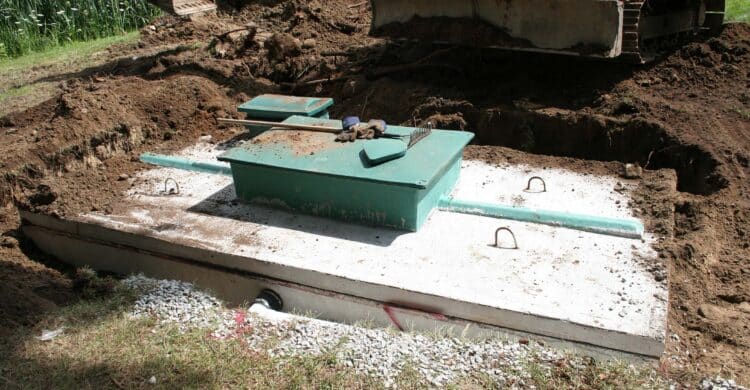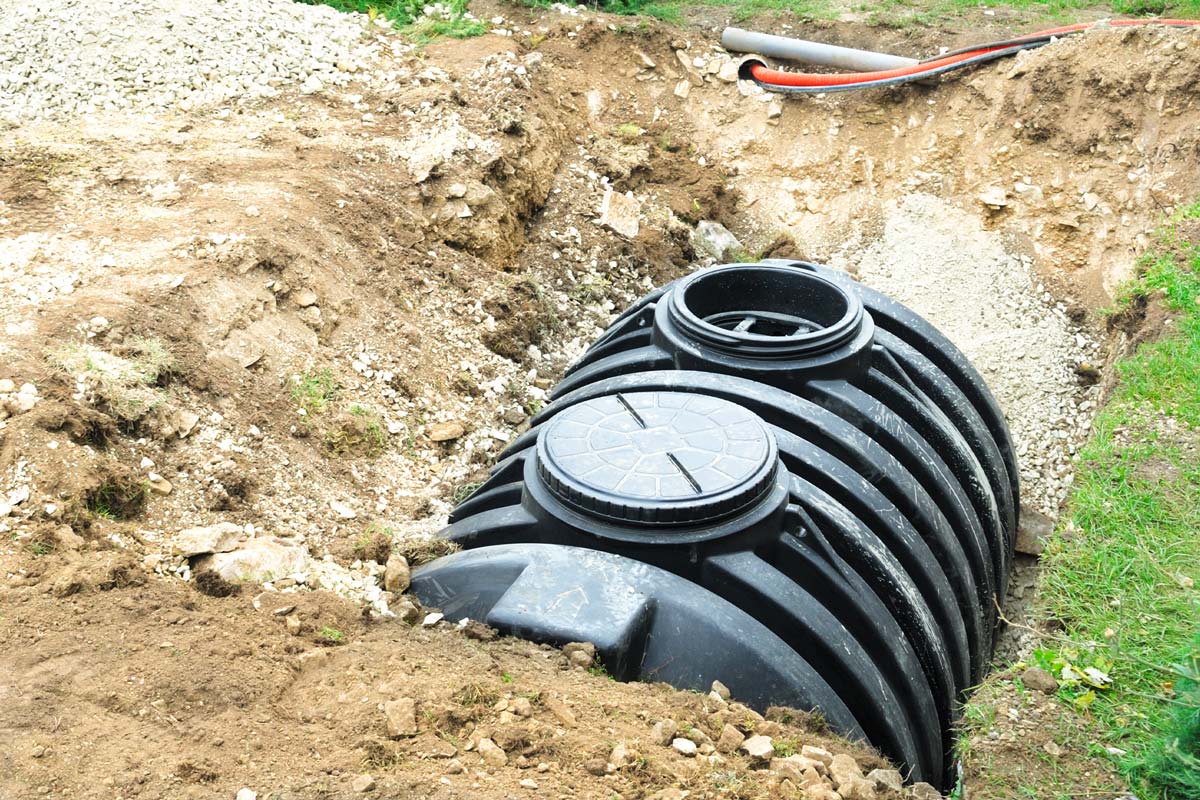
10 Essential Summer Septic Maintenance Tips to Avoid Costly Repairs
You bet. Neglecting your septic system during the busy summer months can lead to costly repairs and some seriously unpleasant odors. But don’t sweat it – with a few simple septic tank maintenance tips, you can keep things running smoothly all summer long. It’s all about preventing septic failure and avoiding those hefty repair bills.
1. Conserve Water
One of the easiest ways to reduce strain on your septic system is to conserve water. I know, easier said than done when you’ve got a houseful of guests and a never-ending pile of dishes. But little things like fixing leaky faucets, spreading out laundry loads, and taking shorter showers can make a big difference.
2. Schedule Regular Pumping
When was the last time you had your septic tank pumped? If you can’t remember, it’s probably been too long. Regular pumping is crucial for preventing sludge buildup and keeping your system in tip-top shape. Most experts recommend scheduling septic tank pumping every 3-5 years, depending on the size of your tank and household.
3. Avoid Flushing Non-Biodegradable Items
It’s tempting to flush anything and everything down the toilet. But trust us, your septic system will thank you for being more selective. Avoid flushing things like feminine hygiene products, paper towels, and those “flushable” wipes (spoiler alert: they’re not actually flushable). Stick to the three P’s: pee, poop, and (toilet) paper.
4. Spread Out Laundry Loads
I know it’s convenient to knock out all your laundry in one day, but your septic system would prefer a more balanced approach. Spreading out laundry loads throughout the week helps prevent overloading the system and gives it time to recover between cycles. Your septic tank will appreciate the breather.
5. Be Mindful of Summer Parties
Summer parties are a blast, but they can put some serious strain on your septic system. More guests means more flushes, more showers, and more dishes. To avoid overloading the system, consider renting portable toilets for larger gatherings. And don’t forget to remind guests what can and can’t be flushed – a friendly note in the bathroom can go a long way.
6. Avoid Driving or Parking on Drain Field
Your septic drain field is a delicate ecosystem of soil, bacteria, and pipes. Driving or parking on it can compact the soil and damage the underground components, leading to costly repairs. So, as tempting as it may be to use your drain field as overflow parking for summer get-togethers, resist the urge.
7. Plant Shallow-Rooted Plants
Landscaping around your septic drain field? Stick to shallow-rooted plants like grass, flowers, and small shrubs. Deep-rooted plants like trees can infiltrate and damage your septic system, leading to clogs and backups. If you absolutely must plant trees, make sure they’re at least 100 feet away from your drain field.
8. Watch for Warning Signs
Knowing the warning signs of septic issues can help you catch problems early and avoid costly repairs. Keep an eye out for things like slow drains, gurgling sounds, foul odors, and soggy spots in your yard. If you notice any of these red flags, it’s time to call in the septic professionals. Don’t let a small issue turn into a big, stinky problem.
9. Use Septic-Safe Cleaning Products
Not all cleaning products are created equal when it comes to your septic system. Harsh chemicals can disrupt the delicate balance of bacteria in your tank, leading to clogs and backups. When shopping for cleaning products, look for ones that are labeled as biodegradable and phosphate-free. These products are less likely to disrupt the bacterial balance in your septic tank and are generally safer for your system overall
10. Consider Installing Low-Flow Fixtures
If you’re really looking to up your septic maintenance game, consider installing low-flow fixtures in your home. Low-flow toilets, showerheads, and faucets can significantly reduce water usage and ease the burden on your septic system. Plus, you’ll be doing your part to conserve water.
Conclusion
From conserving water and scheduling regular pumping inspections to being mindful of what you flush and maintaining your drain field, these tips will help you avoid costly repairs and keep your septic system running smoothly all summer long. Remember, your septic system is a crucial part of your home, and taking care of it is essential.
Having trouble with your septic system? Don’t worry! Conditioned Air System’s experienced and knowledgeable plumbers can help fix any problems and give you peace of mind. If you experience – or even think you may be experiencing – a sewer line leak, septic tank issue or something related do not hesitate, call as soon as possible.

